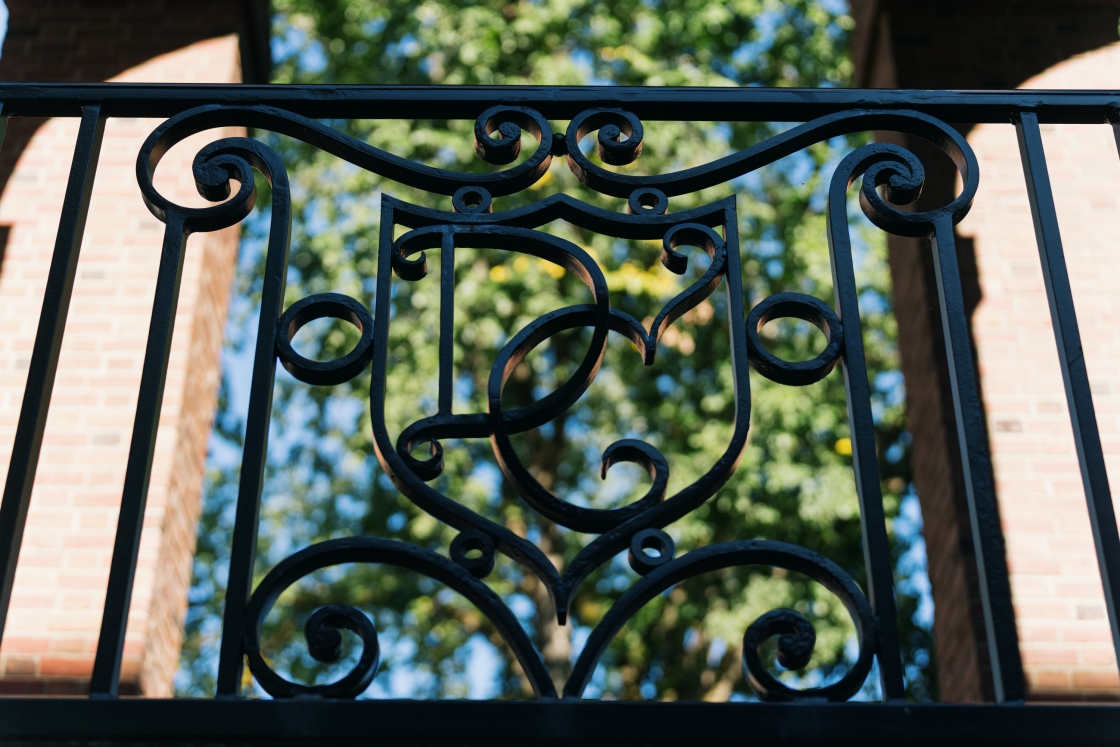Dartmouth’s 2015 Annual Security and Fire Safety Report, known as the Clery report, has been posted on the College’s website.

(Photo by Eli Burakian ’00)
The Jeanne Clery Disclosure of Campus Security Policy and Campus Crime Statistics, also called the Clery Act, is a federal law that requires colleges and universities to annually distribute to all students and employees a report containing descriptions of College policies relating to security, alcohol and drug use, statistics on fires in residential buildings and on certain crimes that have occurred on or close to campus, safety information, and available resources for crime victims.
The report must be posted each year by Oct. 1. Faculty, staff, and students received an email linking to the report. A notice was also sent to the families of current students. The document includes federally defined campus crime statistics from the past three calendar years.
In a letter to the College community, Heather Lindkvist, Dartmouth’s Clery Act compliance officer and Title IX coordinator, encouraged faculty, students, and staff to review the report and stressed that the College is “committed to providing responsive services to those affected by any crime.”
“Promoting a safe and secure campus environment is a College-wide endeavor,” she wrote.
Read more:
“This year’s Annual Security Report includes expanded information about the comprehensive, coordinated prevention and education efforts to enhance how the College responds to sexual misconduct and promotes sexual respect,” Lindkvist wrote. “Through Moving Dartmouth Forward and other initiatives we are catalyzing change by establishing the most effective programs, policies, and procedures so that every member of our community may fully participate in all of the opportunities the College provides.”
Lindkvist said that this year’s report notes an increase in reporting of rape, fondling, dating violence, and stalking as well as in liquor law violations referred for disciplinary action. These increases are a result of “our increased awareness and education efforts” on campus, she said.
“We know that sexual assault incidents are vastly under-reported and we are committed to promoting greater reporting,” Lindkvist wrote. “We believe the higher (liquor violation) numbers demonstrate the resources we have dedicated to address high risk-drinking on our campus, including heightened awareness of our residential life staff to report liquor law violations. We want to provide the safest environment for our students to flourish.”
Community members with questions about the report or in need of assistance should contact Lindkvist or Harry Kinne, the College proctor and director of Safety and Security.

